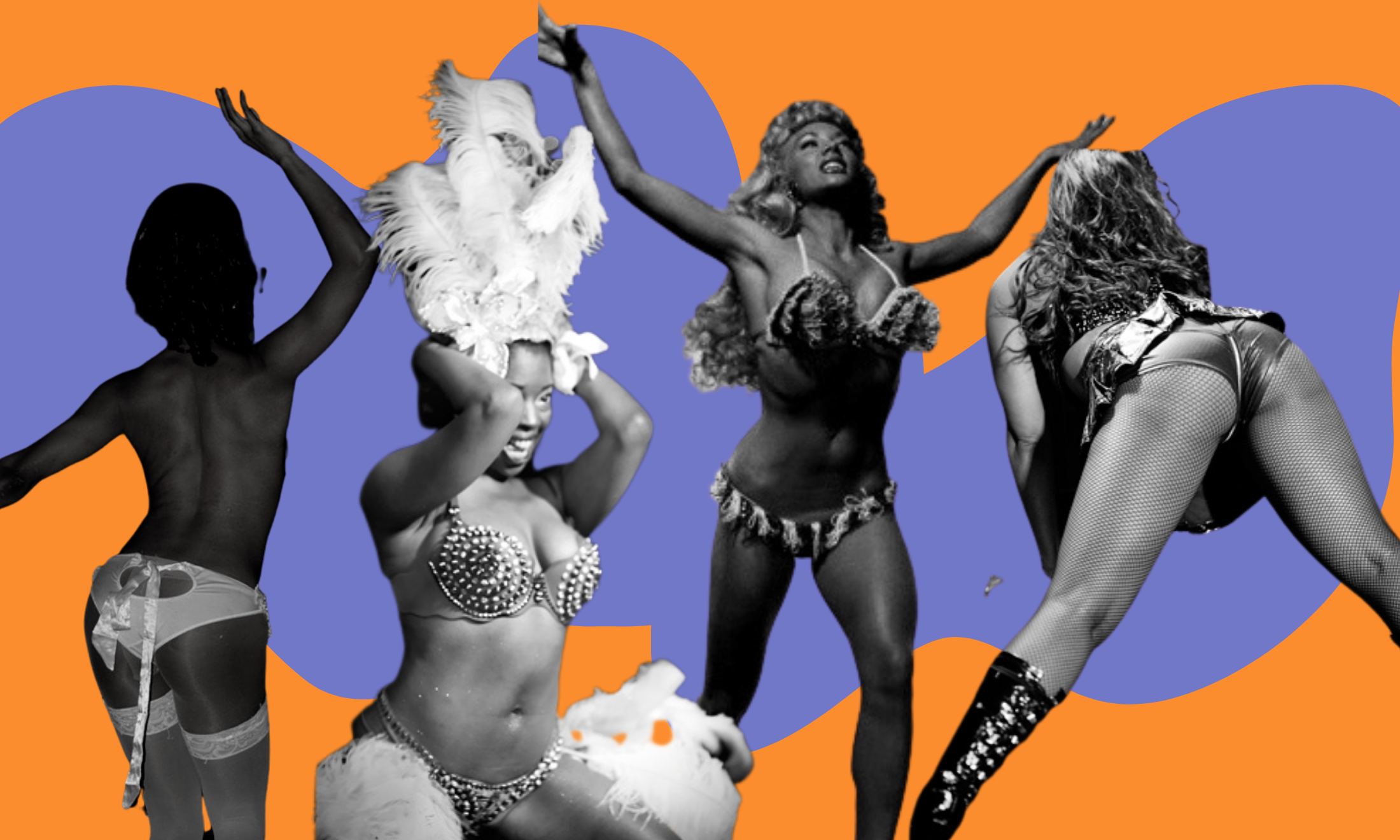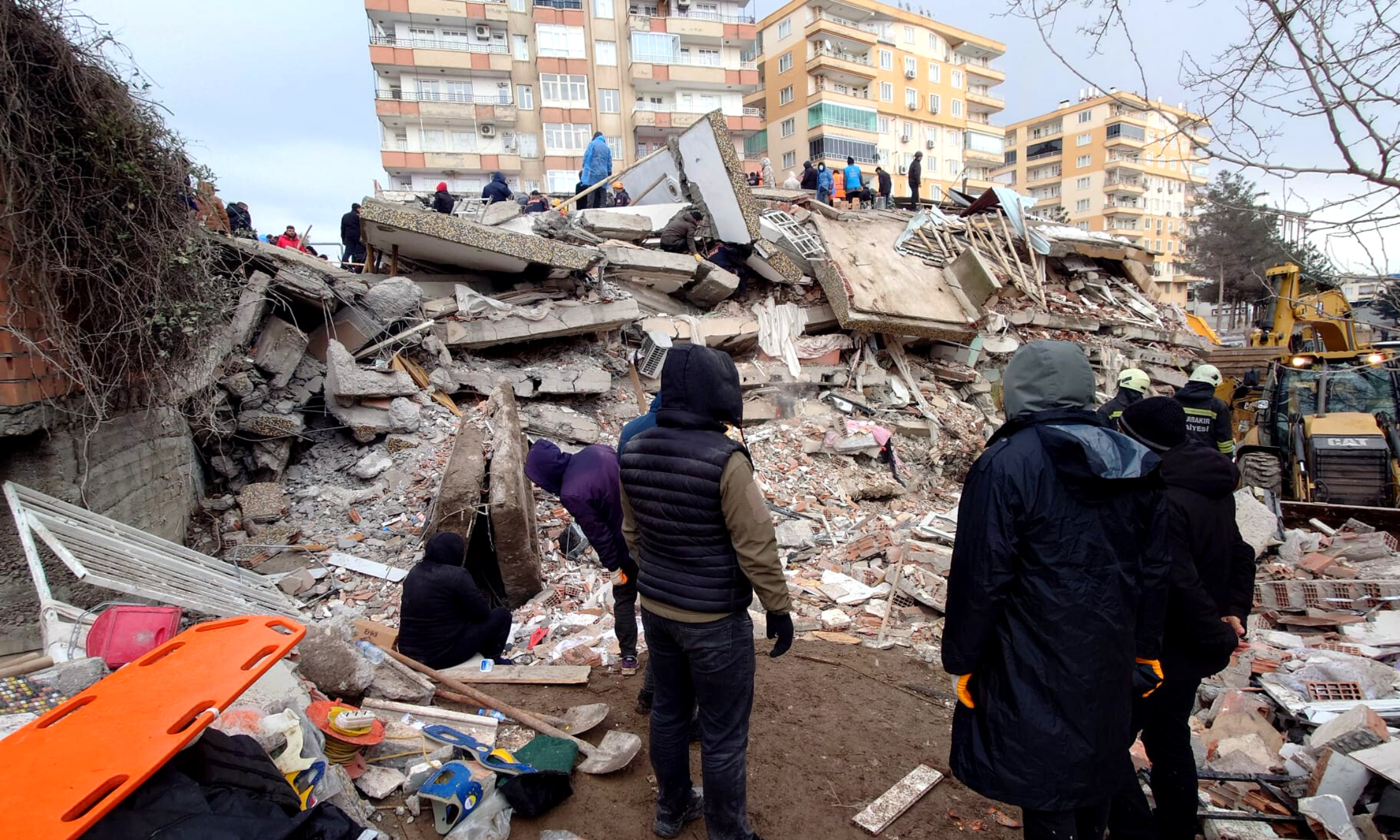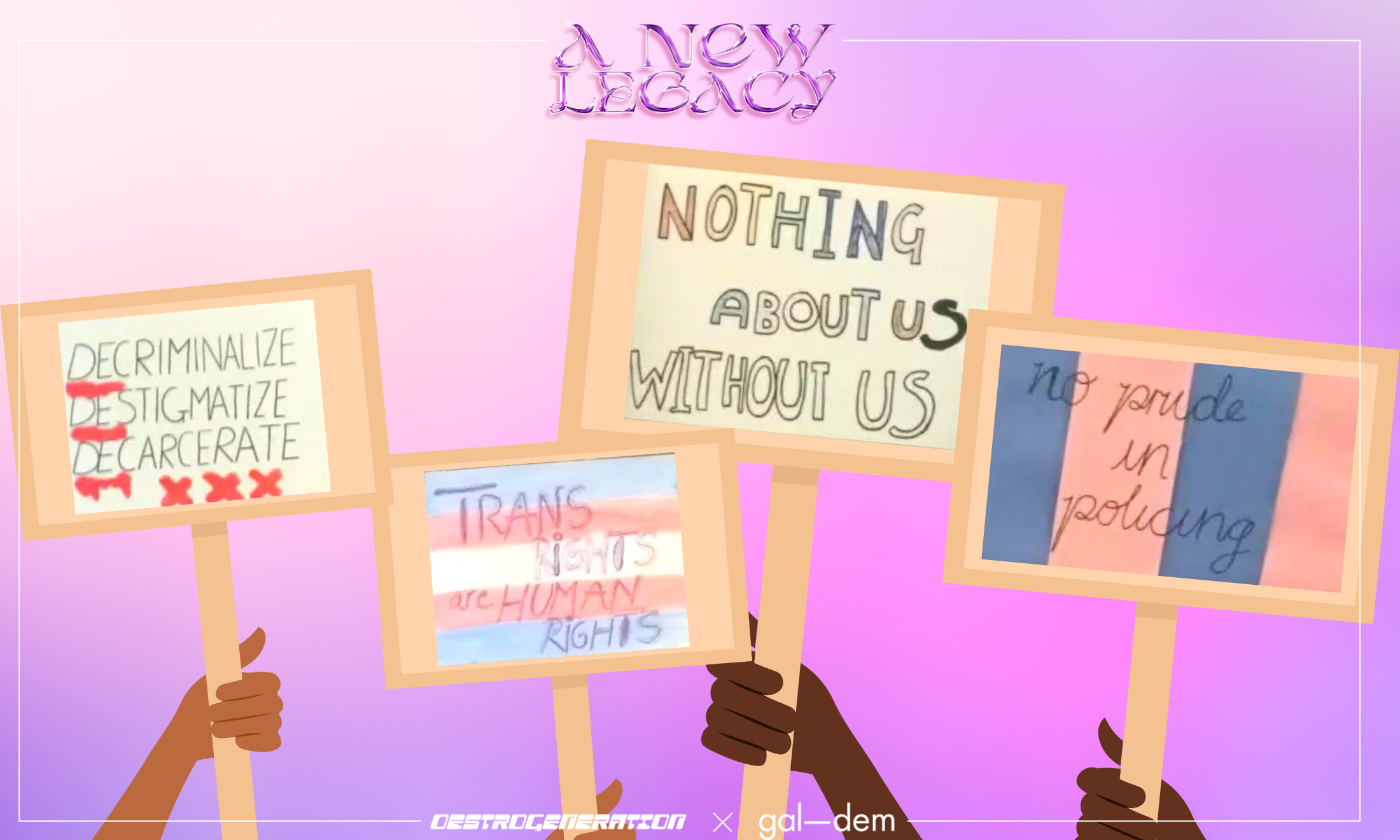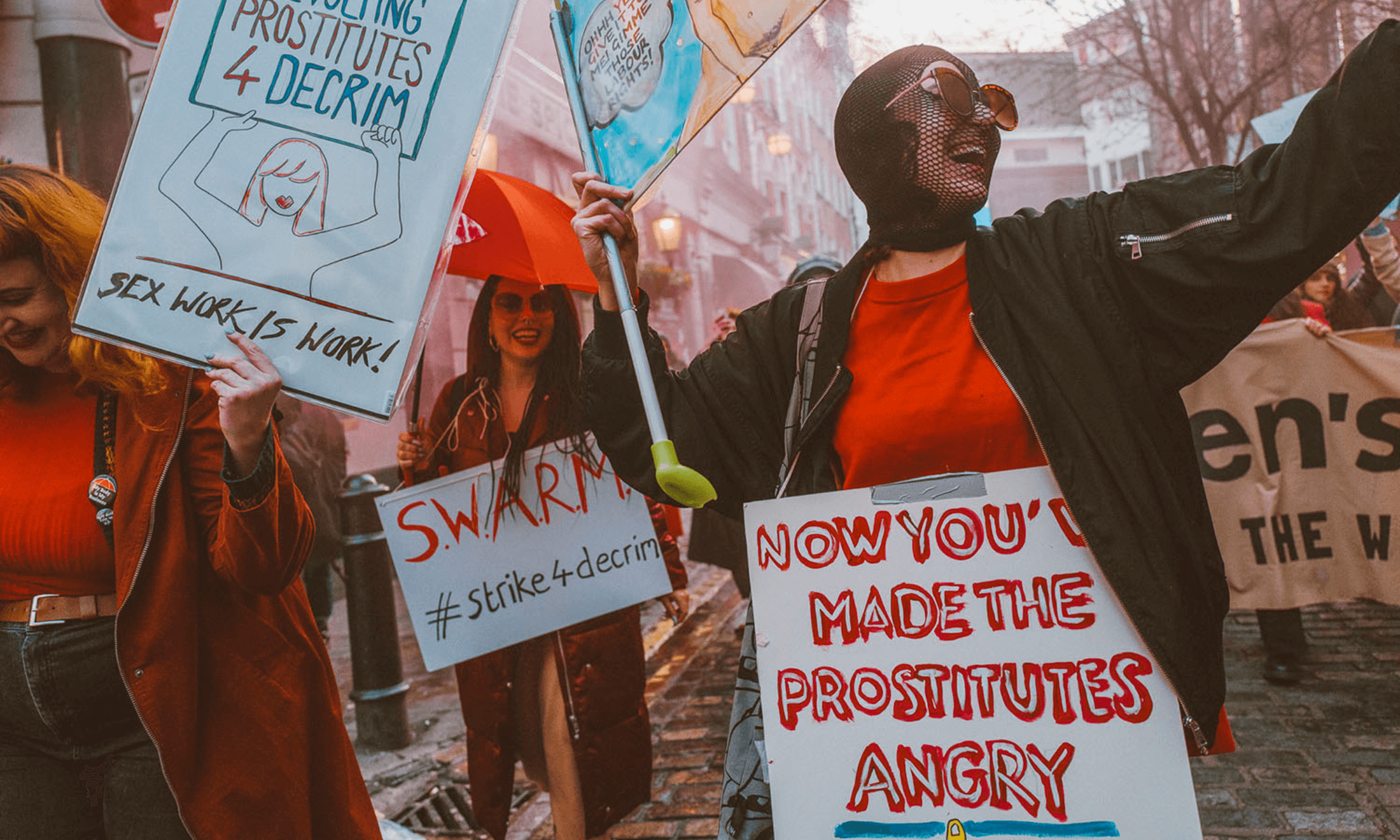
Ginger Liu/Philippe Halsman/Flickr/Wikimedia Commons
The Heaux History Project is the archive bringing Black and brown sex worker histories to vivid life
From video vixens to labour unions, this project, run by Black sex workers in Chicago, is ensuring the cultural legacy of sex work isn't erased.
Cunty MeMe
03 Jun 2021
Washington Park, right off King Drive on the South Side of Chicago, is an oasis for thousands of sunseekers during the summer. Historically, it has been a dumping ground for murdered Black sex workers.
These deaths go unreported, and the cases left cold. The only ones to remember these women are those who walk the same streets as them. There are a few organisations in Chicago that work to advocate for the rights and safety of sex workers, but their reach falls short of creating a supportive citywide network for all of us. Rebelle Cunt, a scholar, organiser, scholar, and the founder of Heaux History Project, realised the responsibility we had as Black sex workers. No one will celebrate us, breathe life into our legacies and mourn us except for us.
It started with a cunt named Rebelle and her interviews with her colleagues, collecting and archiving their experiences and politics as a documentary. The topics covered were broad in scope: everything from full-service sex work to migration, magic, content creating, organising and advocacy. The project grew with every individual interviewed. Rebelle realised there was more here than could be adequately covered in a single film, so she decided to open up the project and bring others on board.
“We explore how sex work interacts with everything from hip-hop culture and Video Vixens, to labour politics and unions”
Through Twitter, she connected with another fellow sex worker, Raani, based in Philidelphia, and the excitement and vision grew beyond the South Side of Chicago. A few months later, I joined the team after finally meeting Rebelle Cunt in Chicago. Venus Selenite, out of Baltimore, joined as our co-Creative Director, with Xio and Peech then coming on board as our Curator and Accessibility and Inclusion Coordinator/Editor respectively. As our numbers increased the team grew, the project, topics, reach and imagination of the Heaux History Project grew along with it. A few months later, I joined the team As our numbers increased, the reach and imagination of the Heaux History Project grew along with them.
Currently, Heaux History exists as essays (video and written), Twitter threads, interviews (audio, visual and written), podcasts, music, events (digital and eventually in-person). Our archival research encompasses various topics and areas on Black and Brown sex worker history and culture – all of this can be found on our Patreon. We explore how sex work interacts with everything from hip-hop culture and Video Vixens, to labour politics and unions, accessibility and more. This project archives the many different worlds that interact under the umbrella of sex work, while centring the movements, politics, cultures, and legacies of Black, Brown and Indigenous sex worker communities globally.
Heaux Culture is Black Culture
In the United States – and, arguably across the rest of the world – Black cultures are commodified and exploited for capital and success. Yet this is rarely if never, invested back into the communities and people that produce it in the first place. Heaux History Project’s research brings ‘new’ understandings to the origins of words, cultural concepts and trends that have made their way to the mainstream from Black cultures. We unearth history and contexts that have been ignored and buried.
For instance, in 2019 Rebelle Cunt shared research exploring the etymology of ‘cribs’, a term now used to describe houses, particularly in hip-hop culture. But in the 1800s, the word ‘crib’ had a different meaning, denoting “small shack like dwellings (located mostly in low-income areas) connected to one another for the sole purpose of erotic labor.” ‘Cribs’ – both the word and space themselves – were mainly used by Black and Brown sex workers.
“Cribs” was introduced into pop culture through Black artists and their soundscapes, especially after the 1970s via genres like rock, funk, R&B, Motown and hip-hop. When we look at hip-hop specifically, the word ‘crib’ is increasingly invoked alongside the rise of pimp culture. In fact, hip-hop culture’s rise to the mainstream had a lot to do with the influence of Heaux Culture. It’s not until we see hip-hop going mainstream do we see the commodification of Heaux Culture and artists using it as a medium to gain success, fame and a loyal fanbase. Heaux Culture is Black Culture. It is dynamic, fluid,and beautiful and lives within a specific racialised context and history. At the Heaux History Project, we work to archive that influence and uplift it.
Think globally, act locally
Here at Heaux History we understand that our struggle is a part of a global struggle. It is necessary to not only decenter the United States in conversations on capitalism and labour, but also to archive and collect the stories of our comrades overseas. There are important lessons and wisdom to be gained from their experiences, and these experiences along with their politics and history informs us how we can show more material support for those affected by the oppression of their local governments as well as US imperialism.
For example, Raani recently interviewed Durbar Mahila Samanwaya Committee, a sex worker union of 65,000 members in India and founders of International Sex Workers Rights’ Day on 3 March (not to be confused with International Sex Worker’s Day in June).
These living legacies are powerful; they are standing examples of autonomy, self-determination and empowerment. The Durbar Committee is responsible for creating infrastructure to support their community of sex workers, ranging from banks to employment centres and clinics. The process of archiving these living histories provides inspiration and a framework to help sex workers elsewhere to create their own supportive local infrastructure – just as the Heaux History Project is similarly providing financial relief, jobs and opportunities for artists who are sex workers to use our platform to promote their message.
The project’s ultimate goal is to educate ourselves and those in our community to understand our history, so we move with clarity on the path in front of us. We want to create independent community systems, particularly regarding issues like housing, employment, security and food insecurity. These systems can only be done by bringing back the models used by Black sex workers in the past, who followed the Black Radical Tradition, taking responsibility for the survival of each other as an organized collective.
I dream of a time when the Heaux History Project won’t only archive our history but actively preserve heauxs while they are here with us in the living world. We can create spaces for people to work safely from, or provide transitional or permanent housing. Eventually, I hope we can work with therapists, who have experience of sex work, who can offer free counselling services to the community.
“The Durbar Committee is responsible for creating infrastructure to support their community of sex workers, ranging from banks to employment centres and clinics”
I have a lot of hopes like this. But they will only happen when Black and Brown sex workers collectively work with each other to build something greater than ourselves, with sustainability and longevity in mind. With this growth of the Heaux History Project in the past two years, nothing seems out of reach, especially when we are armed with knowledge and wisdom of Black and Brown sex workers globally, making an intentional change to the world we know.
As long as our community continues to welcome us and learn along side us with open hearts and minds, we can continue to stake a claim to the resources and credit Black and Brown sex workers. Many of us hold a community organising background. As the world begins to open back up in the US, we hope to start creating meaningful physical spaces, as well as resources that reach our community where they are at. The responsibility falls on us, and that is okay. We’re done waiting on those in power to do what needs to be done. Our history and legacy has proven time and time again- that we are everything we need.
Cunty MeMe is the creative director of the Heaux History Project.









